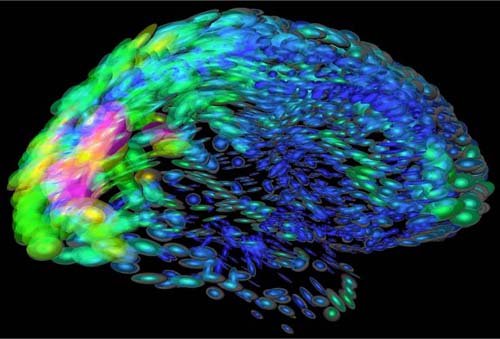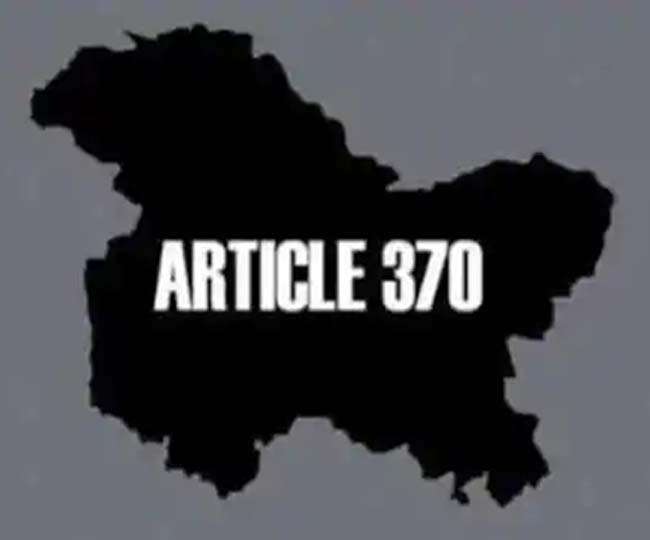So, finally the Nithari Killings case seems to have been solved and the guilty brought to book – “thanks to the truth serum,” many of us are likely to add. Truth Serum is used to extract the truth but what is thus ‘extracted’ may not, necessarily, be the truth. But before we proceed to the efficacy and reliability of a method, the question of legality must be laid to rest because no amount of effectiveness of a process can supply the legal prerequisites. The first question, therefore, is not if narco-analysis can unearth the truth but whether it is legally permissible or not. And truth serum is clearly not constitutionally ‘clean’, so to speak, because it works by crippling the volition of the accused and loosening his wits up. This, in other words, means taking away one’s control over one’s mind, and making him talk more uninhibitedly. This is a violation of mind akin to torture and extraction of confession by force. In fact, far worse than torture because during the torture the person confessing still has control over his brain and he is tortured precisely for that reason because the information cannot be begotten unless he ‘voluntarily’ gives it away. The person has to let go. However, the judicial opinion has a different take on it. In Dinesh Dalmia v. State (2006) the Madras High Court ruled that narco-analysis testimony was not ‘testimony by compulsion’ because the accused “may be taken to the laboratory for such tests against his will, but the revelation during such tests is quite voluntary.” Now, the most crucial terms to be analyzed are here are ‘compulsion’ and ‘voluntary’. Here they are treated as mutually exclusive in the sense that if the testimony is by ‘compulsion’ it cannot be ‘voluntary’ while it is very much possible to ‘compel’ one to testify ‘voluntarily’. And that would certainly be a testimony by compulsion despite the element of volition inherent in it. One can be beaten, tortured or threatened into testifying or confessing in the court. Would that testimony or confession be voluntary? If this is not voluntary, how could a testimony under the influence of drugs, when even one’s volition is suspended, be ‘voluntary’ by any stretch of imagination? The decision of the High Court clearly states that the person in question is taken to the laboratory “against his will”, and this is where the compulsion starts. In the laboratory he is injected with drugs that make him slip into a trance like condition with his inhibitions down and then the questions are asked, and he answers because he no longer has any control over his brain. And he starts talking about everything that is on his mind – right and wrong, true and imaginary. Taking away one’s control over one’s mind is the violation of the worst kind, the most unthinkable breach. Even when third degree methods of torture are used, one still has control over one’s mind and may still refuse to give away, after all that torture, if one doesn’t wish to. But in case of narco-analysis even that little semblance of ‘voluntary disclosure’ is taken away, making third degree tortures a shade better on human rights scale than narco-analysis.
Now, the supporters of narco-analysis might argue that the so-called ‘consent form’ signed by the accused supplies the requirements of ‘voluntary disclosure’. That’s a fallacy, as in case of a court-mandated narco-analysis, the ‘consent form’ has absolutely no relevance because the compliance of a judicial order passed by a competent court is not subject to anybody’s ‘consent’. The term ‘order’ itself implies authority to compel obedience. So, if a competent court orders narco-analysis, consent or no consent, the order has to be complied with, unless it is challenged and stayed or reversed by a superior court. The accused has no choice against a valid court order, and has to testify. So, there is ‘compulsion’ and there is ‘testimony’ and it surely is ‘testimony by compulsion’. However, compulsion per se is not illegal. Therefore, the only question is whether or not the compulsion in this case is legally sound.

Bombay High Court held in the Adbul Karim Telgi case that “certain physical tests involving minimal bodily harm” like narco-analysis and brain mapping did not violate Article 20 (3) and did not compromise the constitutional protection against self-incrimination. The saving grace is that the confession or the statement made during narco-analysis is not admissible as evidence in a court of law, and that is the reason why the protection against self-incrimination under Article 20 (3) is not breached. The disclosure leading to the recovery of incriminating material, like a murder weapon or forged documents, are admissible. In the above-mentioned case Bombay High Court seems to have held that narco-analysis is permissible because it involves “minimal bodily harm”, which implies that all such methods of extracting information that inflict minimal bodily harm are legally permissible. The expression ‘minimal body harm’ in this context can be taken to mean ‘causing no grievous hurt or long term disability’. Minor physical discomfort or strain is by implication disregarded. Simply keeping one awake for days on end and pouring water every time one tries to sleep would certainly do ‘minimum bodily harm’ and of course would cause no grievous hurt of long term disability of any kind, but isn’t it torture? Giving a narrow reading to Article 20 (3) and connecting it to bodily harm might not offend the letter of Article 20 (3) but it definitely does violence with the spirit of it because protection against torture is one of the foremost objectives of the constitutional protection against self-incrimination. The judgment also seems to run counter to the accepted principle that the constitutional provisions pertaining to Fundamental Rights in Part III of the Constitution have to be construed liberally so as to afford maximum protection.
It is an accepted legal position that the protection under Article 20 (3) does not extend to compulsory production of materials or compulsion to give specimen signatures, finger impressions or blood samples. Narco-analysis, however, is still different and clearly distinguishable from giving specimen signatures or blood sample or even taking a polygraph test because except in case of a narco-analysis, the accused retains his control over what he is doing or saying and at no point of time can he be compelled to disclose any such information that he wants to keep to himself. Giving blood samples and specimen signature in such case is much like allowing the investigation officer to search the residence of the accused and go through his belongings in search of evidence. That’s very much permissible. The legal and constitutional infirmity of narco-analysis lies in the fact that it takes away one’s control on one’s mind, which brings it in the category of mental torture. And tortures of all kind fall foul with Article 21, under which right against torture is implied. Therefore, narco-analysis not only stands weak against the challenge of Article 20 (3) but also finds itself in a tight spot with respect to Article 21.
Another well settled constitutional principle is that India has to conduct itself in accordance with the international treaties and conventions it is party to. Of course, principles of International Law do not come into effect automatically, they have to be backed by a legislative enactment to be effective, and if they tend to be against the law of the land, the municipal law gets precedence over them. However, in case of torture, not only several statutes, including the Code for Criminal Procedure, provide for safeguards against it but also the Constitution, through Article 20 (3), seeks to provide effective protection in this respect. On the other hand, there is no express statutory support for measures like compulsory narco-analysis. While narco-analysis is quite clearly low on the scales of human right, the government cannot even plead the existence of domestic law specifically authorizing such means against a plethora of international conventions that frown at the use questionable means of extracting information during a criminal investigation. Therefore, by giving too narrow a reading to legal and constitutional protections in this regard we might also be disregarding our obligations under the International Law, which, under our Constitution, must be discharged unless a specific domestic legislation is irreconcilably opposed to it. Besides, it is not just the legality and constitutionality of narco-analysis that is questionable but also its efficacy and its status as a ‘science’.
However, the final judicial pronouncement on the constitutional status of narco-analysis is yet to come, but it seems in the offing, as in 2006 the Supreme Court of India stayed the order of a metropolitan judge to conduct narcoanalysis on K. Venkateswara Rao in the Krushi Cooperative Urban Bank case. The issue required to be settled by a court decision because Mr. Rao refused to sign the consent form and the Forensic Science Laboratory at Gandhinagar declined to conduct a narco-analysis test with a duly filled and signed consent form. The Supreme Court verdict is awaited.
Originally written for and published in LAWYERS UPDATE (July 2007 issue) as part of a three-part Cover Story.





